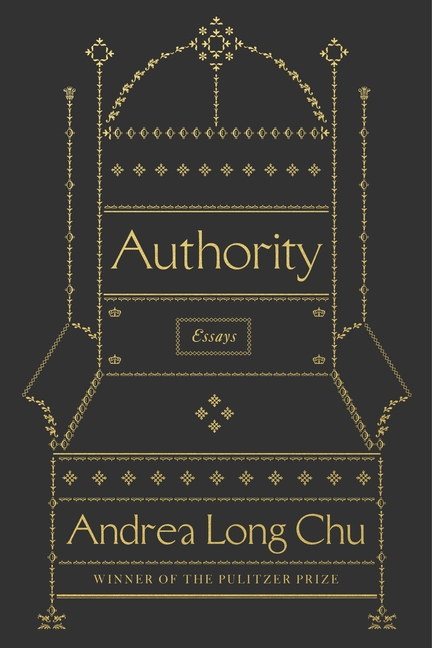Long Chu insists that critics should abandon their desire to obtain authority, but she’s seemingly not all that interested in the vast tradition outside liberal criticism that already does this ... She has reconciled, in her work, a certain belletrism with the rigor and dispassion of an academic critic. She has achieved, at times, what Irving Howe said the New York Intellectuals achieved ... In her sensitive and searching piece of memoir on transitioning (On Liking Women) and in her most rigorously convincing takedowns, Long Chu not only demonstrates the value of criticism at its boldest and, yes, most authoritative but also finds a way to effectively marry—in a way that her predecessors often struggled with—experience and expertise, aesthetics and politics ... Even while negating others, she generates, through her eloquent and immense dissatisfaction, an experience of recognition in her audience ... Long Chu’s targets are often easy ones, but she dispatches them with such technical proficiency that you can’t help but admire the work she’s done.
Read Full Review >>

